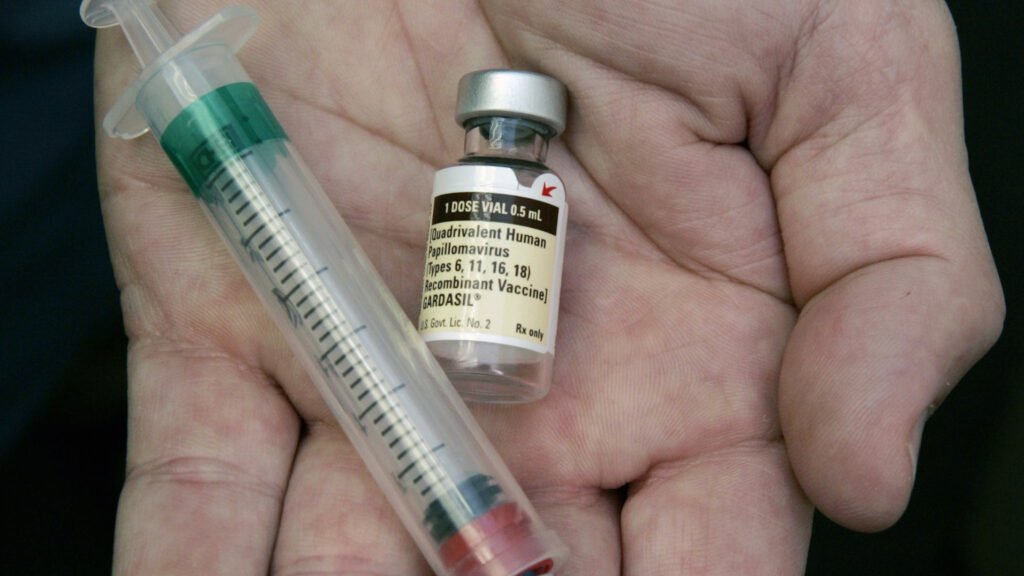A recent government report has provided further evidence that the HPV vaccine, once criticized as dangerous by Health and Human Services Secretary Robert F. Kennedy Jr., is effectively preventing cervical cancer in young women. Kennedy had previously voiced concerns about the safety of the vaccine, but the latest report suggests otherwise.
The report, published by the Centers for Disease Control and Prevention, revealed a significant decrease of about 80% in rates of precancerous lesions among 20- to 24-year-old women who underwent cervical cancer screenings from 2008 to 2022. This decline is attributed to the increasing use of the HPV vaccine, which has been recommended in the U.S. since 2006 for girls aged 11 or 12, and since 2011 for boys of the same age. Catch-up shots are also recommended for individuals up to the age of 26 who have not been vaccinated.
HPV, or human papillomavirus, is a common virus transmitted through sexual contact. While most infections do not cause symptoms and resolve on their own, some strains can lead to cancer. Each year, approximately 37,000 cases of HPV-related cancers are diagnosed in the United States, according to the CDC.
Jane Montealegre, a cancer-prevention researcher at MD Anderson Cancer Center in Houston, praised the significant decline in precancerous lesions among young women and credited the success to the widespread use of the HPV vaccine. She emphasized the importance of vaccinating children against HPV to prevent future cases of cervical cancer.
Despite Kennedy’s previous skepticism about the HPV vaccine, his financial ties to litigation against the vaccine manufacturer, Merck, have raised concerns. Kennedy has pledged to donate any fees he may earn from HPV vaccine litigation to a nondependent adult family member, following scrutiny during his confirmation hearings.
The decline in cervical precancer rates among vaccinated cohorts is not unique to the U.S., as other countries have also reported similar trends. While the U.S. lacks a national registry, estimates are derived from monitoring five sites across the country to track the impact of HPV vaccination.
In conclusion, the latest government report underscores the effectiveness of the HPV vaccine in preventing cervical cancer in young women. Parents are encouraged to follow vaccination guidelines to protect their children from HPV-related diseases. The findings reaffirm the importance of vaccination in reducing the burden of cervical cancer and other HPV-related illnesses.


